Travel Through the Pages: Berlin
Photo courtesy of Madeline Baker.
Last summer there was an incredible heatwave in Berlin — getting the S-Bahn train back from Kotbusser Tor as late as 9:30 at night was still incredibly hot, even despite the night breeze. Every shop was selling iced everything.
Most of the novels and films on this list reflect a decadent or chilly Berlin, where everyone is feverishly dancing in cabarets or the snow whips through deserted streets and secret agents criss-cross the city. Anything to cool off.
I like to see the city in the sun, the parks and squares full — people floating past on the lake sharing a beer, a sunburnt crowd gathered on the museum steps at dusk to listen to an orchestra of buskers. I like to imagine the party goers sleeping it off in an air-conditioned café corner, or the spies hiring a pedal boat to go out on the little city lakes and catch a breeze.
But that was last summer. This summer I’m working full time and travelling between the pages of my books... Like any city, Berlin has had a thousand stories told about it and I’ve just chosen a few favorites to present here. It’s a personal and imperfect look at the place; I hope it provides some weekday escapism, and maybe inspiration for a trip to see it all in person….
Photo courtesy of Madeline Baker.
✹✹✹
Berlin Game, Len Deighton
(novel, 1983)
Set partly in London and partly in Berlin this is the first of the three trilogies making up Deighton’s cycle of cold war spy novels. The lead character Bernard was brought up in Berlin and this first novel fleshes out vivid scenes from his post war childhood. From the perspective of a small boy, international tensions are blurred and the people and buildings loom large. Deighton’s writing is famously direct and tight — this is a textbook example of it — and makes for a brilliant summer read.
✹✹✹
The Berlin Stories, Christopher Isherwood
(novellas, 1945)
Much-adapted (see Cabaret, below) and much-extracted, but still an excellent collection of stories. Written in 1939, The Berlin Stories — consisting of Goodbye to Berlin and Mr. Norris Changes Trains — chronicle the people Isherwood collides with during his sojourn in the city. Fragmentary and fascinating, it feels very much like being in a party on holiday, meeting dozens of people and hearing snippets of a wholly different world, only for them to head off to the next nightly spot and leave you wondering how it might all end.
✹✹✹
The Man From U.N.C.L.E., Guy Ritchie
(film, 2015)
Berlin is the initial setting for this fantastically stylish film adaptation of the 1960s classic spy story. It’s an international tale so the action doesn’t linger in the city, but deserves a mention for the brilliant East-West car chase at the opening.
✹✹✹
Cabaret, Bob Fosse
(film, 1972)
I deliberated before putting this in, but it’s hard to ignore it. Adapted from the Christopher Isherwood’s short stories and featuring the American singer Sally Bowles (played by Liza Minelli) alongside a cast of social misfits both rich and poor, it shows a modern city full of life contrasted against the rise of fascism and escalating violence in the broad summer sunshine. The thing is, the film remains a masterpiece cinematically as well, and I love the glimpses of city life - regulars at the KitKat Club, the laundry downstairs, the beautiful paneled rooms, huge open parks and overhead trains - that are worked into the plot.
Liza Minelli and Bob Fosse on the set of Cabaret.
Dancers at the KitKat Club, Cabaret (1972).
✹✹✹
A Woman in Berlin
(memoir, 2003)
Though reading it is not for the faint-hearted (and I include myself in that category, as I’ve yet to properly read it), A Woman in Berlin, adapted to film in 2008, is a memoir of the final weeks of the Second World War and how women (including the writer) lived through it, the decisions they made and their daily lives. It stands as a powerful and profoundly moving work, though on first publication in 1959 it drew heavy criticism for its frank discussion of women becoming lovers of Soviet officers for survival. In 2003 it was republished (its previously anonymous author being revealed as journalist Marta Hillers) and confirmed as one of the most powerful personal narratives of the war.
✹✹✹
Lesser Ury, “Galerie im Café Vaterland am Potsdamer Platz, Berlin,” ca. 1920.
Lesser Ury & Eduard Gaertner
Lesser Ury, “Berliner Strasse Im Regen,” ca. 1925.
Though Berlin is memorably associated with expressionism and those furiously incisive paintings of the city’s social scenes in the Weimar republic, the Secessionist painter Lesser Ury (you can read a bit more about him here) captures the city streets in a more Impressionist style. The quality of light flooding through the rainy traffic-filled roads or over one of the lakes is instantly familiar, making these paintings all the more poignant.
For an interesting look at how the city has changed since it began to expand in earnest from the late 19th Century, the wonderfully detailed architectural vistas of Eduard Gaertner show how the countryside was gradually turned into a city, and how the city itself was made modern.
Eduard Gaertner, “Opernhaus Berlin,” ca. 1825.
✹✹✹
Photo courtesy of Madeline Baker.
Max Raabe
This is an unabashedly nostalgic list, but the singer Max Raabe was played to me a few years ago while I was on another summer visit, and I always associate his voice with the sound and feel of walking around Berlin at night as the whole city cools down and the bars hum full of people talking and drinking. His is a vintage sound — he’s made an album called A Night in Berlin, but my favourite if you can find it is the Übers Meer album of songs by Jewish writers who fled Germany. The songs are warm, urbane and witty all at once, and a wonderful reflection of exactly how the city can feel.
Madeline Baker is a trainee solicitor living in Exeter, in South West England. She studied English Literature as her BA before moving into law. She spends much of her time trying to come to grips with full time training for the legal profession, drinking coffee, and trying to cram music and poetry into the remaining hours in the day.

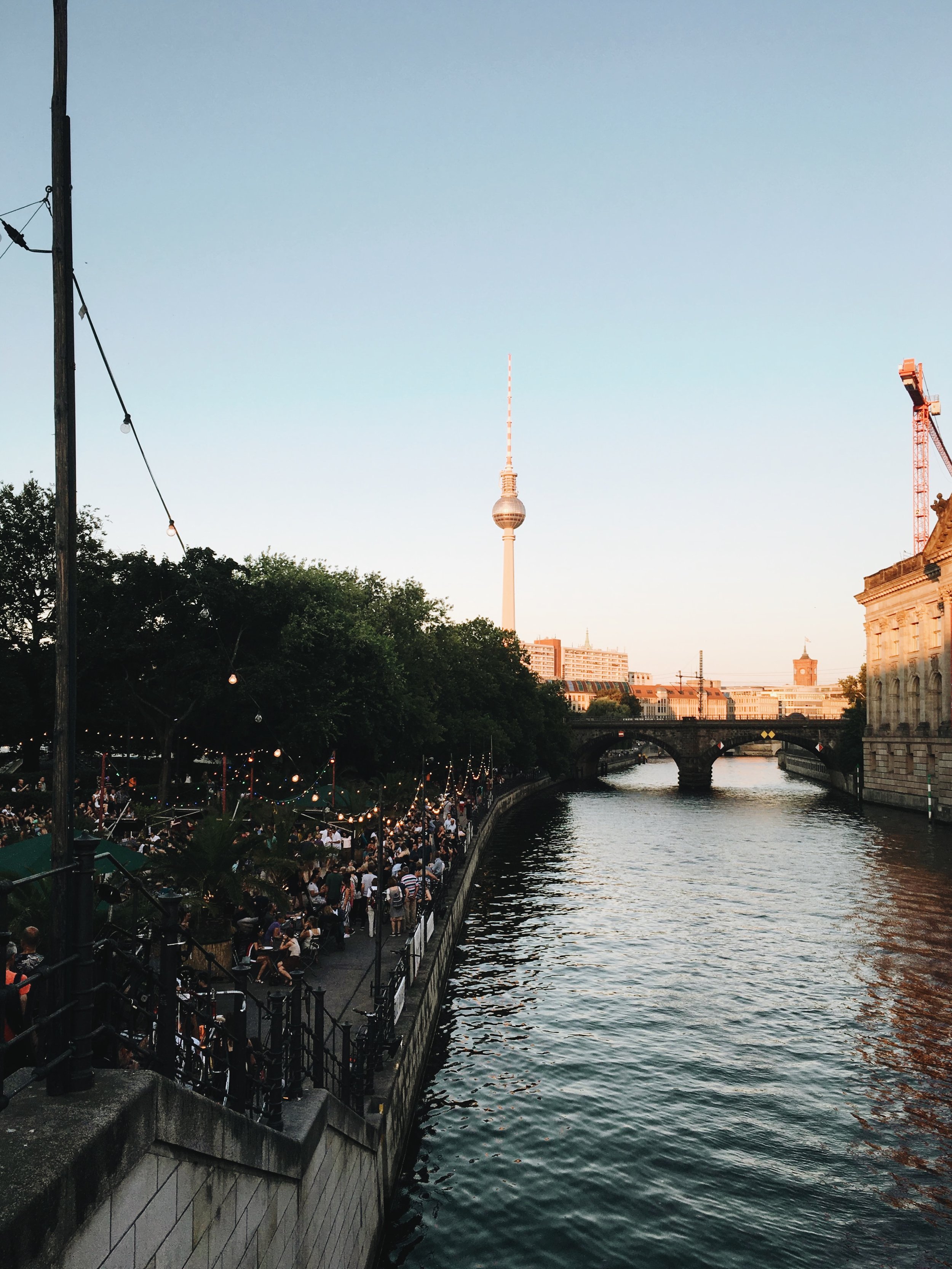

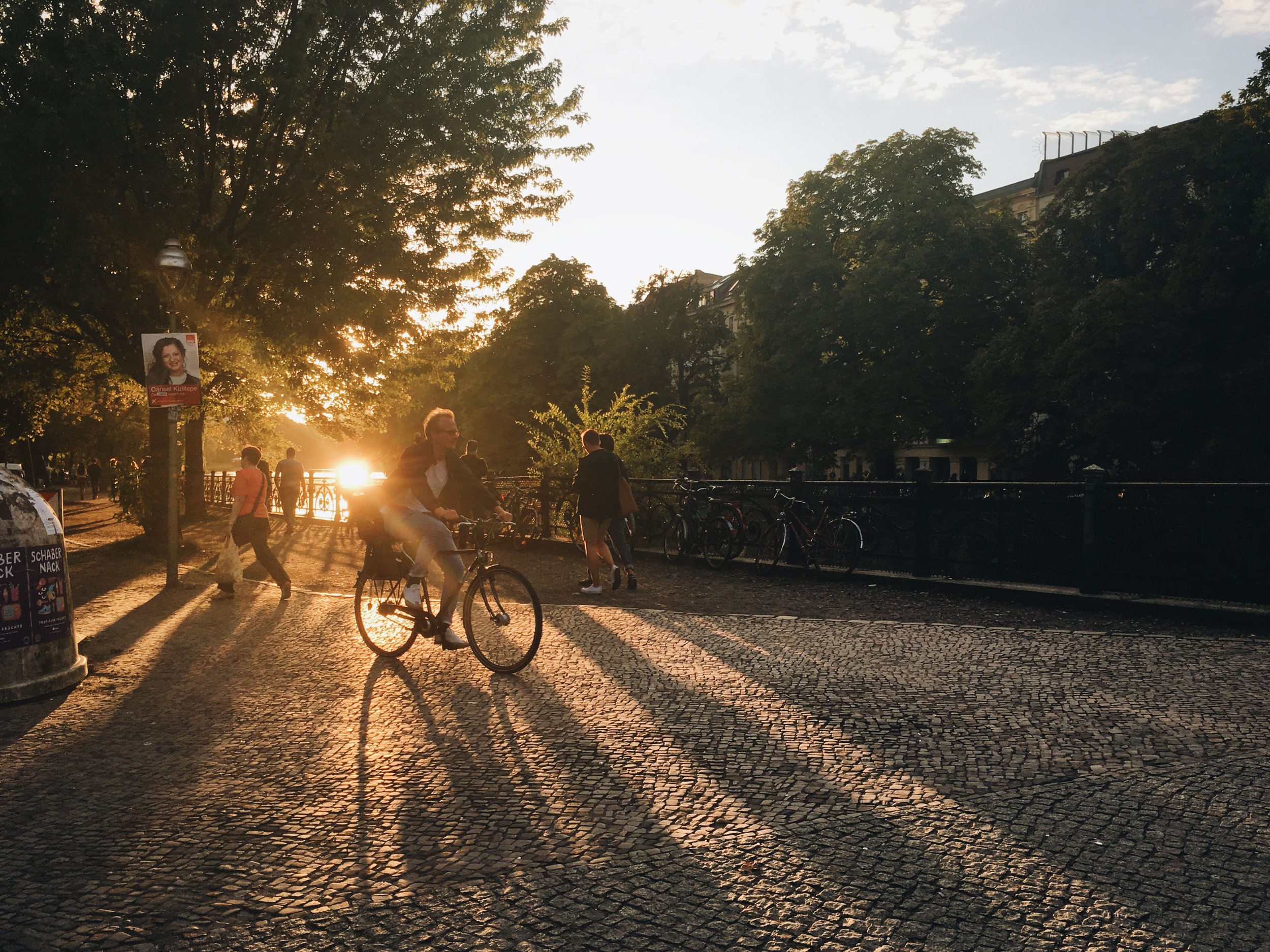
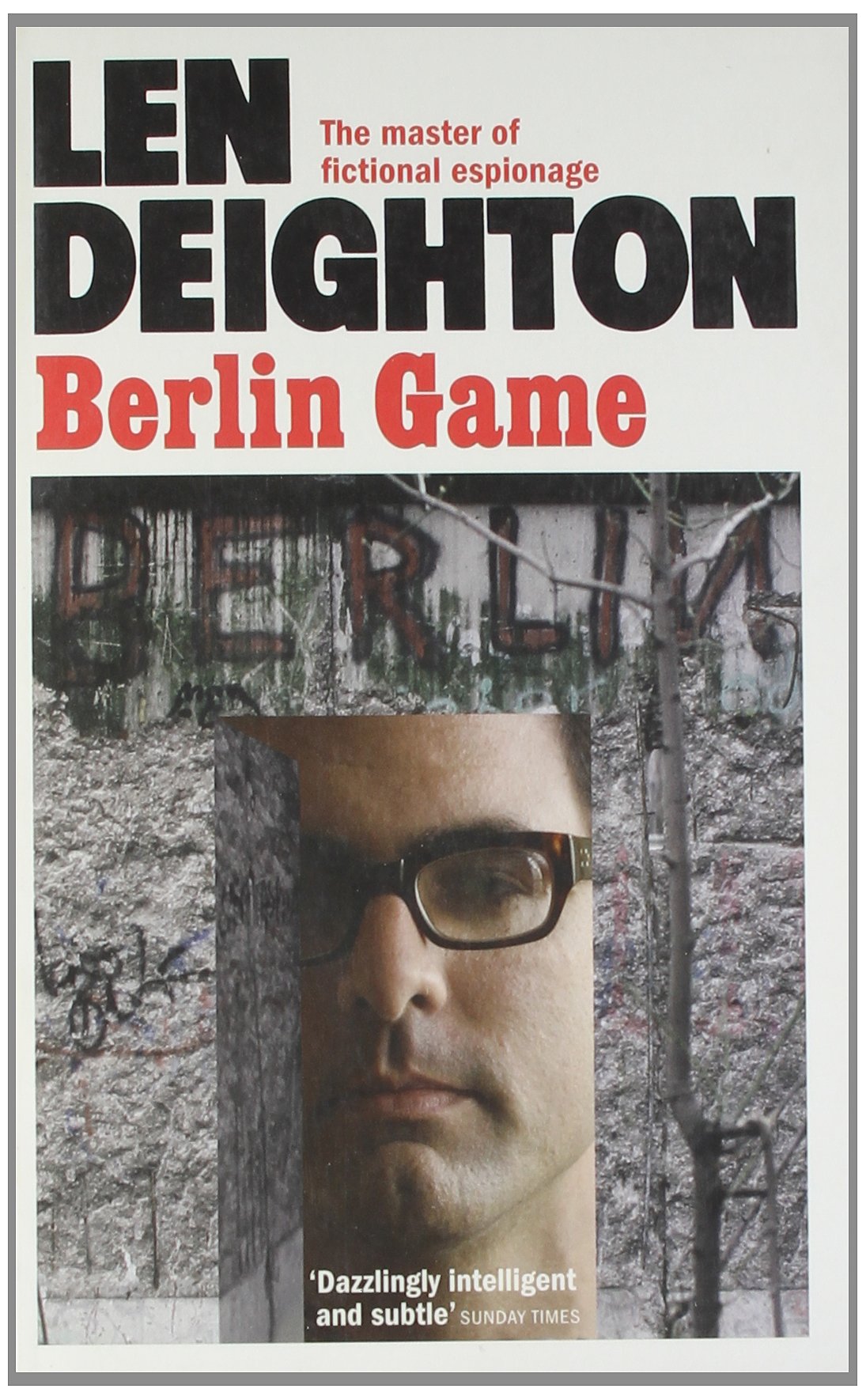
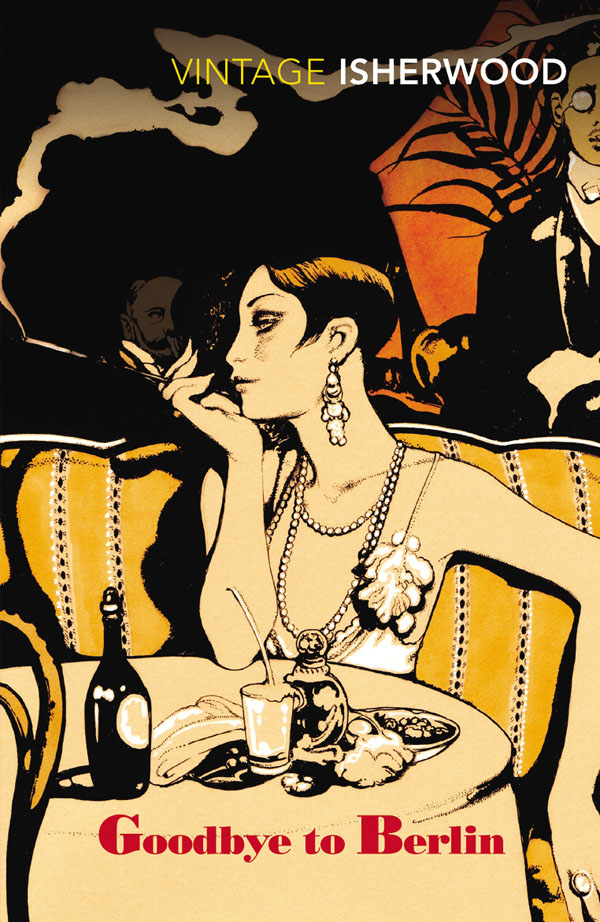
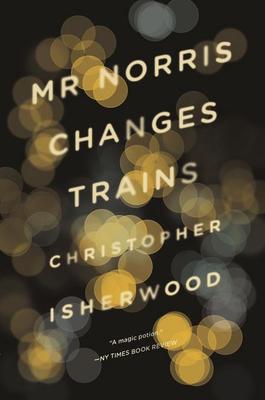
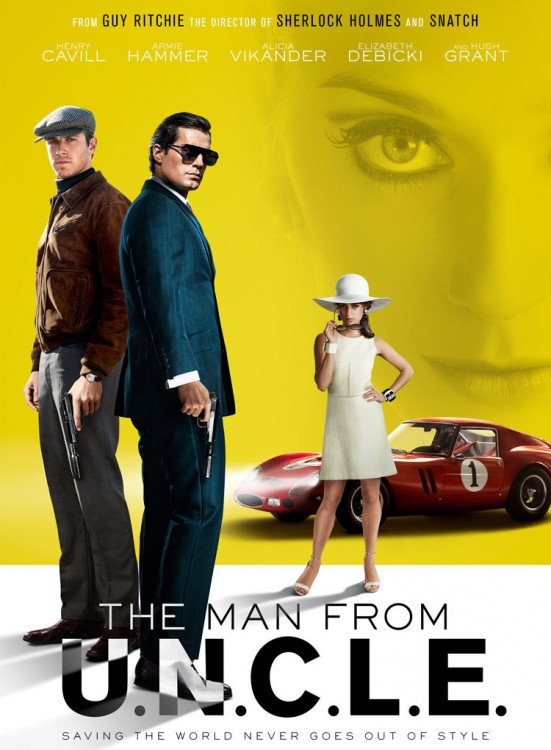
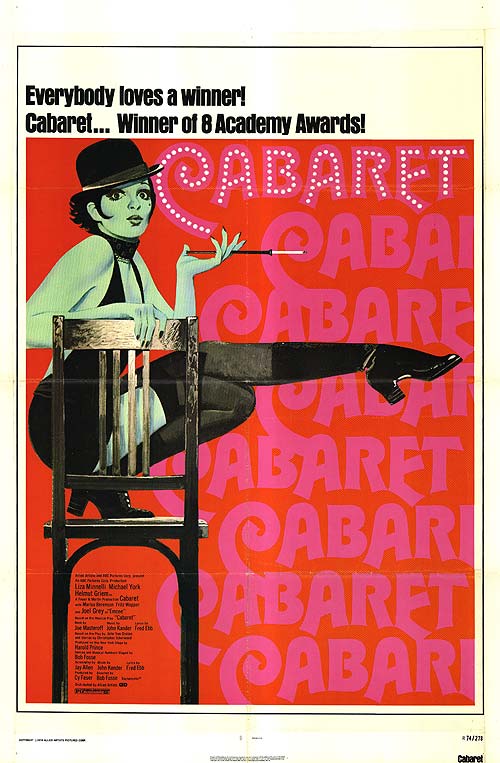



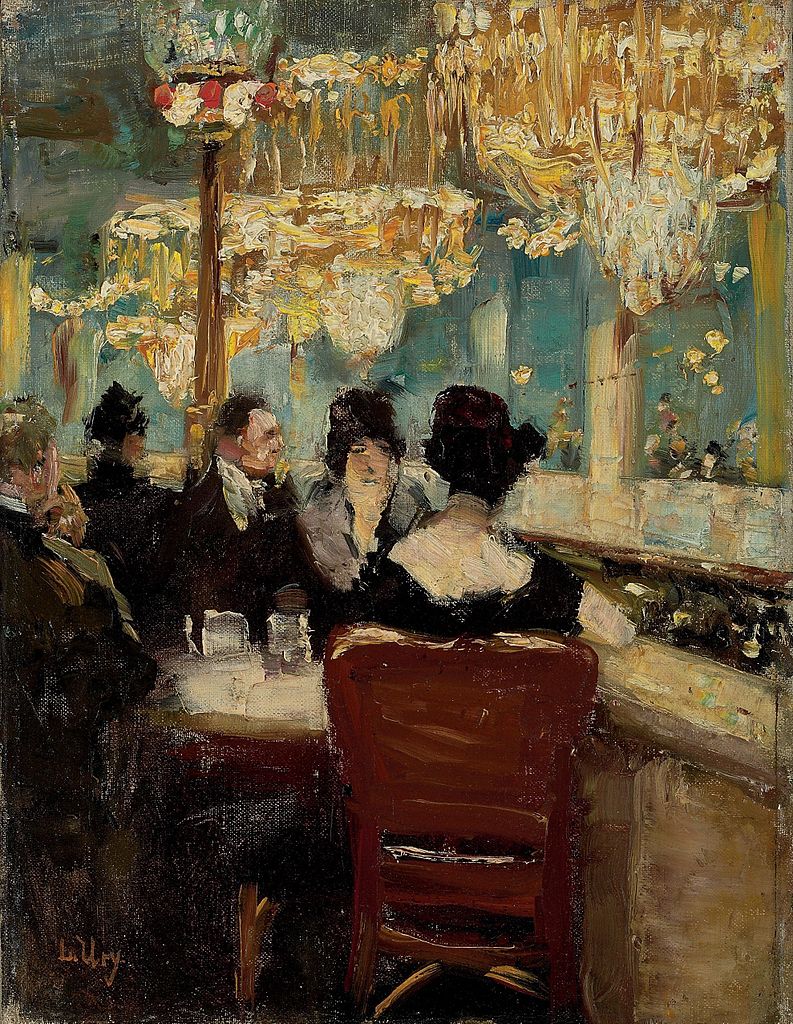
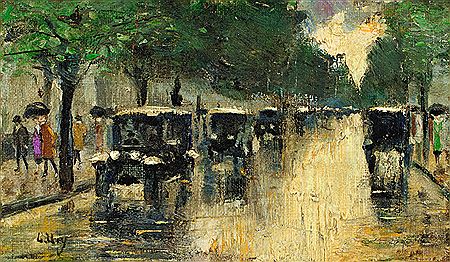
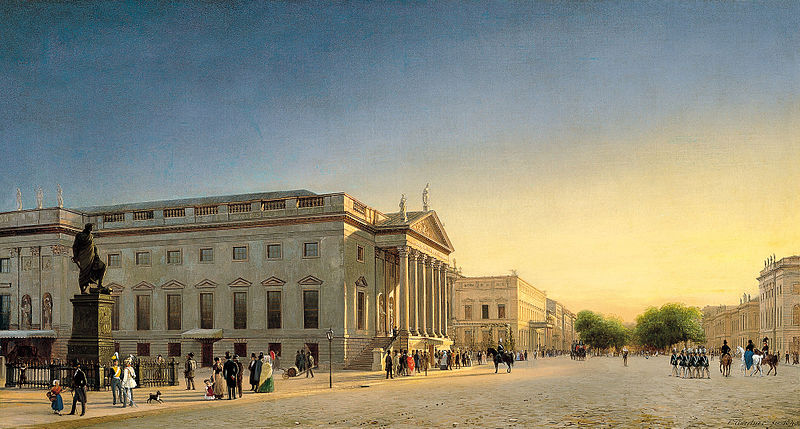


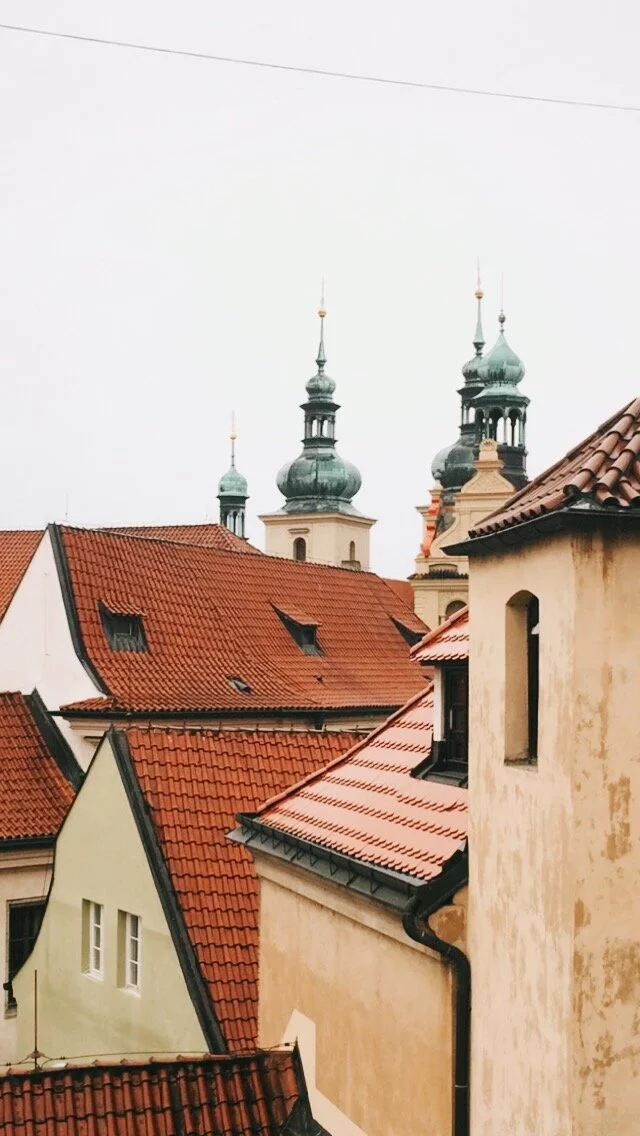



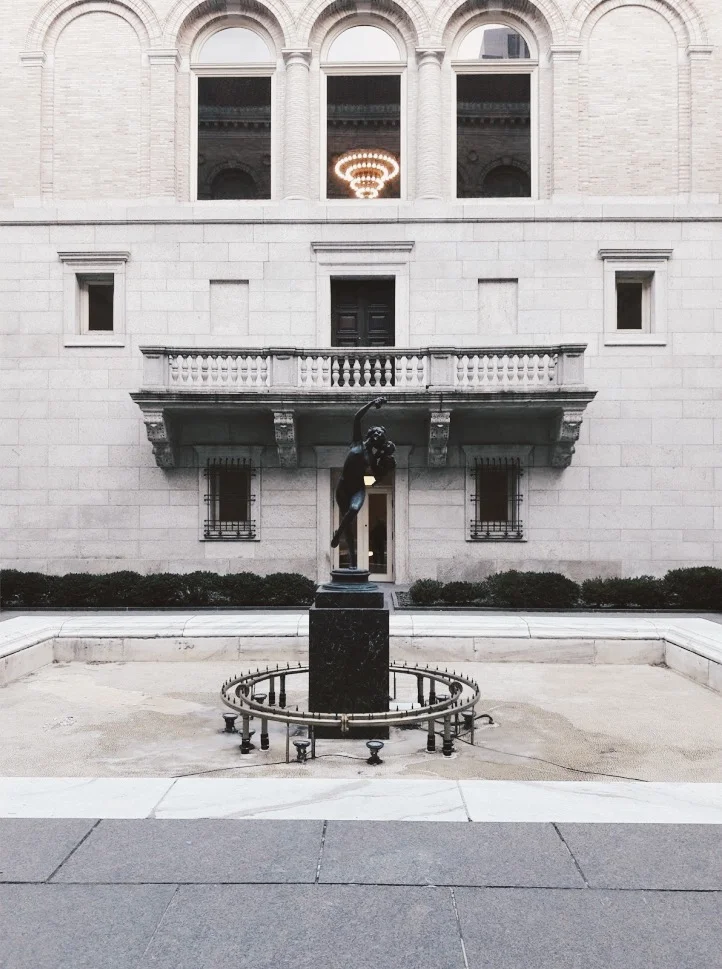
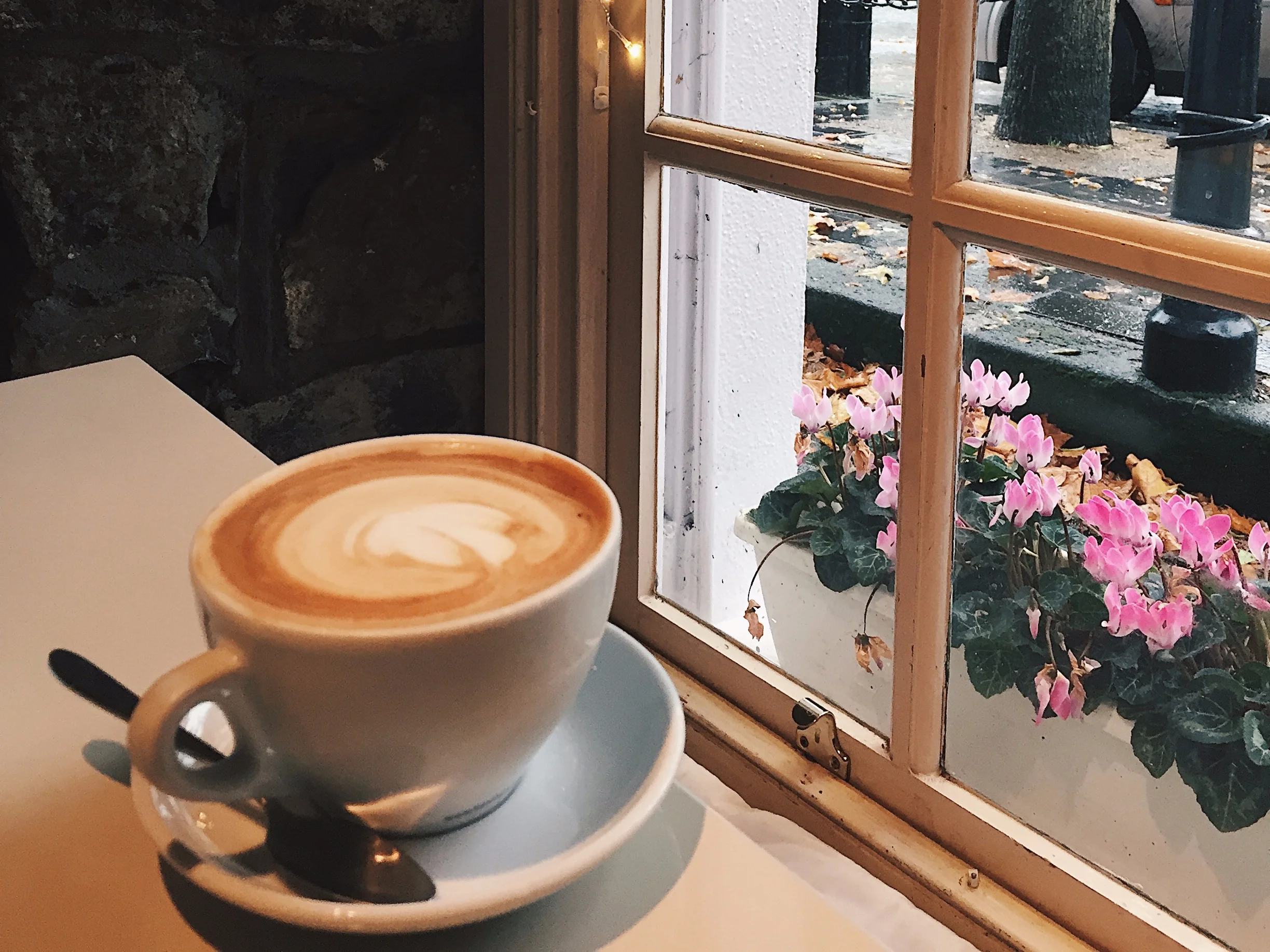
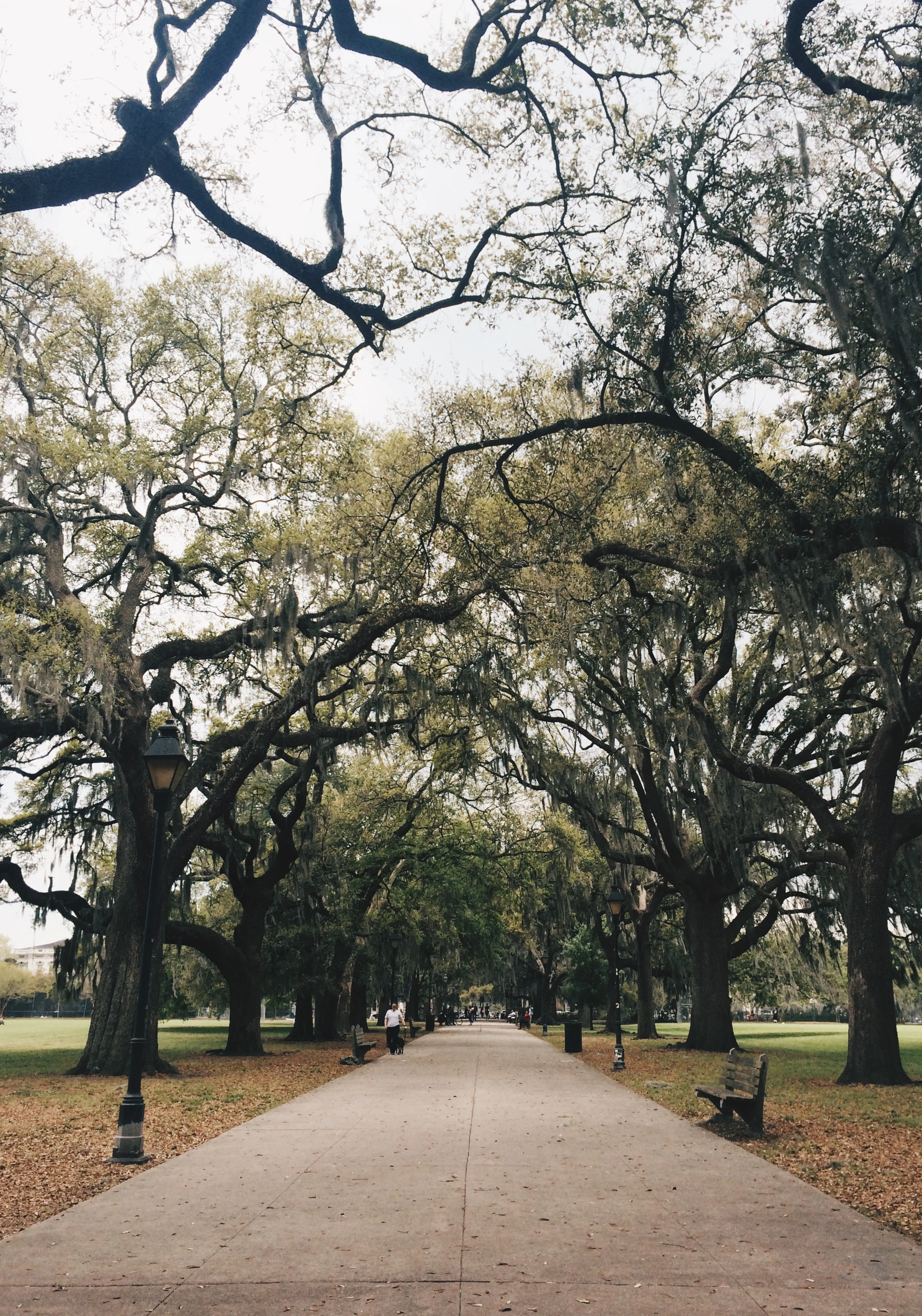
In a personal essay, Elizabeth Slabaugh visits the disappointments and realization of tempered dreams around traveling to Oxford after not being able to spend a semester at the university due to chronic illness.